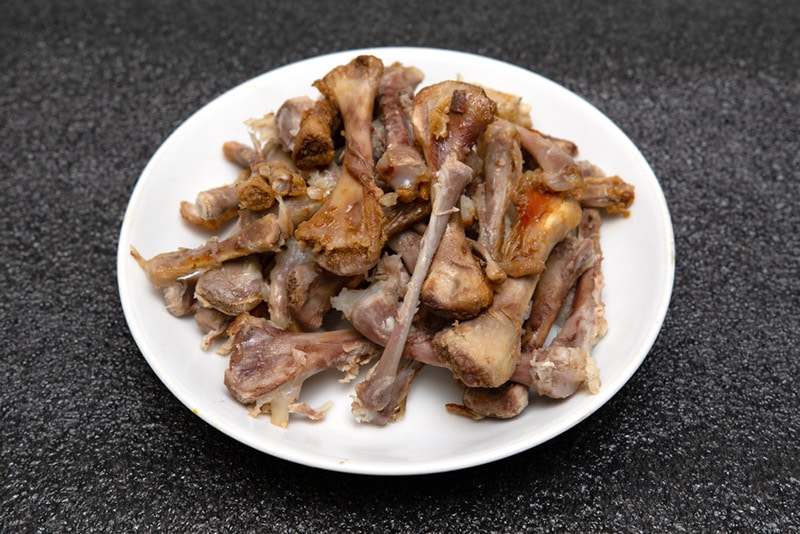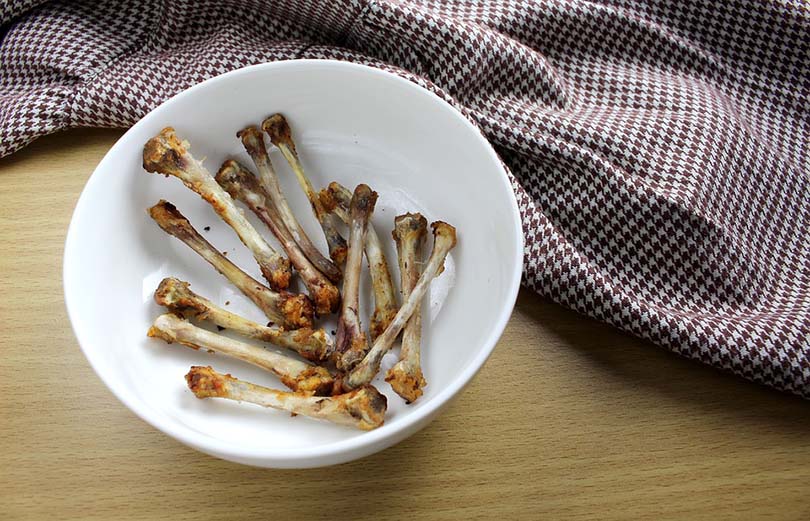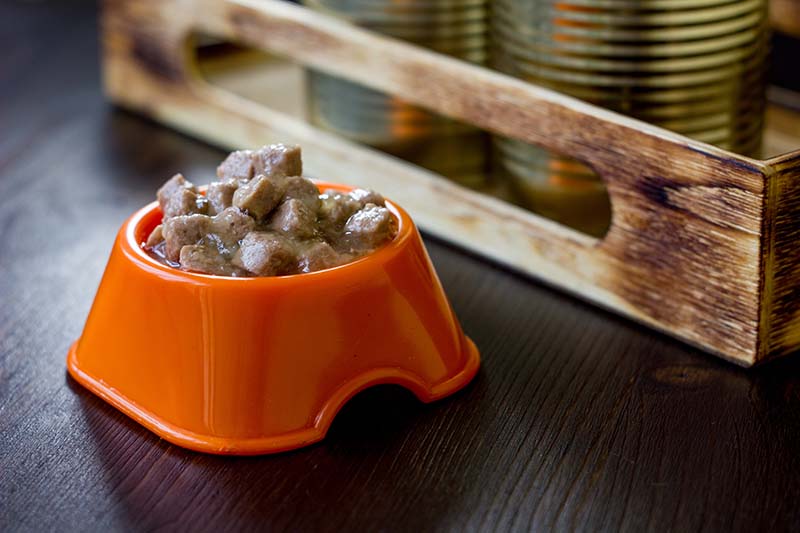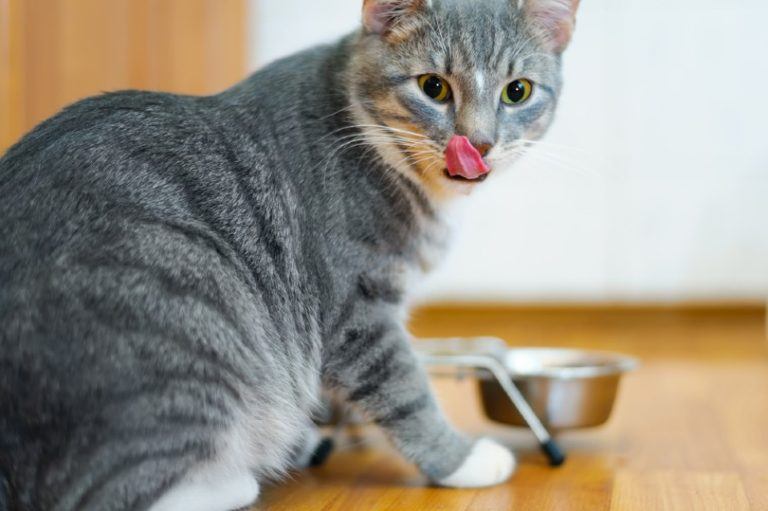
When it comes to cats and their dietary habits, the debate is as diverse as their characteristic personalities. Of particular concern is the question: can cats eat chicken bones? For people who do not know much about what cats eat, this might seem like a strange question. However, it remains essential for those committed to the optimal health and happiness of their furry companions.
In short, the simple answer is that it is not advisable for cats to eat chicken bones. While cats can technically eat chicken bones, it is not advisable to feed them bones as they carry risks such as breaking into sharp pieces, or causing gastrointestinal obstructions. Let’s get a more in-depth exploration, which this article provides.
Can Chicken Bones Serve as Feline Food?

For anyone who has observed a cat’s predation prowess, it seems logical that their wild counterparts regularly consume bones. But does this mean your purring pet can do the same? Let’s dissect this question by exploring the potential risks.
Domestic cats are not that far removed from their wild ancestors in the grand scheme of evolution. They have the same survival skills and dietary requirements as their wild cousins. However, just because they can, doesn’t always mean they should.
Chicken bones are generally considered unsafe for cats. Raw bones, though they may be less likely to splinter than cooked bones, carry risks of bacterial contamination that can make cats, and the people they live with, sick. Diseases such as this which can be transmitted from cats to people are called zoonotic diseases and include things such as Salmonella and E. Coli contamination. In fact, one of the leading veterinary organizations in the US considers raw foods unsafe to feed to cats for this very reason.
Furthermore, bones, regardless of whether cooked or raw, carry a risk of becoming lodged in the gastrointestinal tract which can necessitate surgery to remove, and death if left untreated.
What to Do When Your Cat Eats Chicken Bones
Accidents happen, and your cat may end up eating a chicken bone despite your best efforts. What is the best course of action in such circumstances?
A crucial point to remember is that not every scenario is a catastrophe. However, vigilance is paramount. Continue to keep an eye on your cat if he or she shows no signs of discomfort after eating the bone. Consult a veterinarian right away, and even moreso if you notice any changes in behavior, such as lethargy, vomiting, or a lack of bowel movements.
When visiting the vet, expect them to perform a series of tests, including x-rays, to understand the situation fully. The severity of the condition may range from needing simple monitoring to hospitalization. In worst-case scenarios, a bone can tear or block the gastrointestinal tract, requiring major surgery and a lengthy recovery period.
Nourishing Your Feline Without Chicken Bones
In the captivating world of cats and their dietary needs, one might wonder if chicken bones are indeed indispensable. Could there be alternatives that provide the same nutritional benefits, without the potential hazards associated with bone consumption? The answer is a resounding yes. There are a plethora of boneless alternatives to ensure your feline’s nutritional needs are met.

Bone Broth
An increasingly popular choice among pet owners, bone broth may offer many of the same benefits as directly consuming bones. Rich in amino acids like glycine, it potentially helps support the liver in detoxification processes. The collagen present in the broth may aid in maintaining a healthy gut, while minerals like calcium and magnesium promote strong bones and teeth, albeit without the risk of choking or obstruction.
It’s crucial, however, to ensure the broth is homemade or sourced from reliable pet food brands, as store-bought broths may contain additives harmful to your cat. And always speak with your veterinarian prior to feeding any new or unusual items, such as bone broth.
High-Quality Canned Food
Look for options with a high protein content, low carbohydrates, and added vitamins and minerals. Canned food can closely mimic a cat’s ancestral diet, without the same risks for obstructions of the digestive tract, or bacterial infections.

Seafood
Fish like salmon and tuna can be excellent sources of protein, omega-3 fatty acids, and taurine for your feline friends. However, they should be served cooked and boneless, as small fish bones can cause similar issues as chicken bones. Be cautious about mercury levels in large fish species and try to stick to smaller varieties.
Vegetables
While cats are obligate carnivores and need meat to thrive, certain vegetables can be an excellent supplement to a balanced diet. Pumpkin is rich in fiber and can help with digestion, while peas provide some extra protein and a variety of essential vitamins. Remember, veggies should only supplement their meat-based diet and not replace it.
It’s important to remember that every cat is unique in its dietary needs and preferences. The alternatives listed above should serve as a guide and not a rigid plan. What works well for one feline might not suit another. For a comprehensive and personalized nutrition plan, always consult with your vet or a veterinary nutrition expert.
Nutrition is a vast field, and ensuring your feline friend’s dietary needs are met without resorting to potentially harmful chicken bones is a challenge that can certainly be achieved with a little research, consultation, and experimentation.

Conclusion
The topic of cats and chicken bones is a classic example of better safe than sorry. It simply isn’t a practice to encourage due to the potential for significant risks. And always remember, when in doubt, it’s always best to consult with a veterinary professional. They are, after all, the true experts in ensuring our pets lead safe, happy, and healthy lives.
Featured Image Credit: David Tadevosian, Shutterstock






